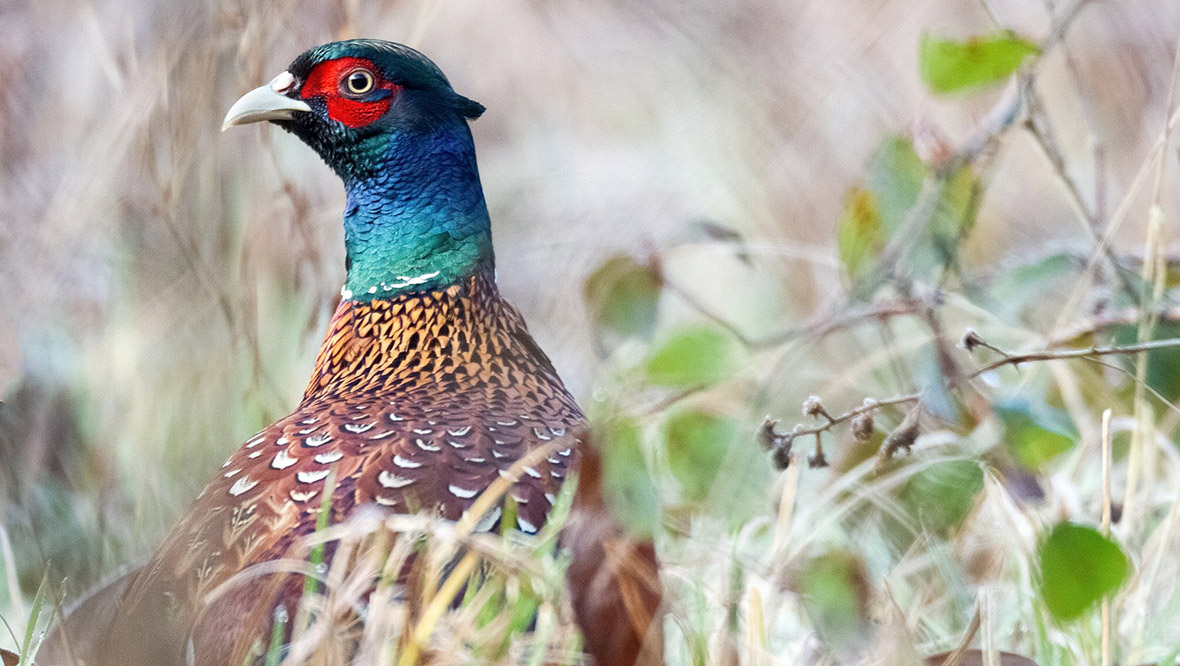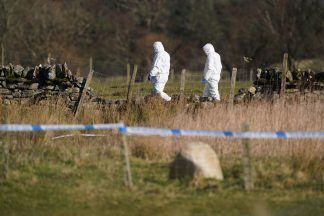Bird flu has been confirmed at a gamebird rearing premises in Fife, the Scottish Government said on Friday.
It is the country’s second confirmed case of the disease among kept gamebirds in recent months.
The birds, which tested positive for avian influenza (H5N1), were being kept at premises near Leven.
The remaining birds will be humanely culled and two temporary control zones – at 1.8 miles (three kilometres) and six miles (ten kilometres) – have been set up around the infected premises to limit the risk of the disease.
These include restrictions on the movement of poultry, carcasses, eggs, used poultry litter and manure.
The government said the risk to human health from the virus is “very low” and food standards bodies advise that avian influenzas pose a very low food safety risk for UK consumers, and it does not affect the consumption of poultry products including eggs.
Rural Affairs minister Ben Macpherson said: “The Scotland-wide Avian Influenza Prevention Zone remains in force.
“Whether you have just a few birds or thousands of birds, you are legally required to keep your birds indoors, or take appropriate steps to keep them separate from wild birds. We continue to ask that the public remain vigilant and report any findings of dead wild birds.”
In December, the government set up a six-mile temporary control zone in Sanday, on Orkney, after the presence of a highly pathogenic H5N8 strain of avian influenza was confirmed in a free-range flock of chickens on a farm.
Thirty-nine birds in the flock died and the remaining 11 were put down.
Scotland’s chief veterinary officer Sheila Voas said tests are being conducted to establish the pathogenicity of the avian influenza H5N1 – the strain identified in the flock of birds during the current Fife outbreak.
She said: “We have already made clear that all bird keepers – whether major businesses or small keepers with just a few birds – must ensure that their biosecurity is up to scratch to protect their birds from disease and prevent any contact between their birds and wild birds.
“Keepers who are concerned about the health or welfare of their flock should seek veterinary advice immediately. Your private vet, or your local Animal and Plant Health Agency office, will also be able to provide practical advice on keeping your birds safe from infection.
“Any dead wild swans, geese, ducks or gulls, falcons or other birds of prey, or five or more dead wild birds of other species in the same location, should be reported to the Defra dead wild bird helpline.”
Follow STV News on WhatsApp
Scan the QR code on your mobile device for all the latest news from around the country


 Pixabay
Pixabay

























